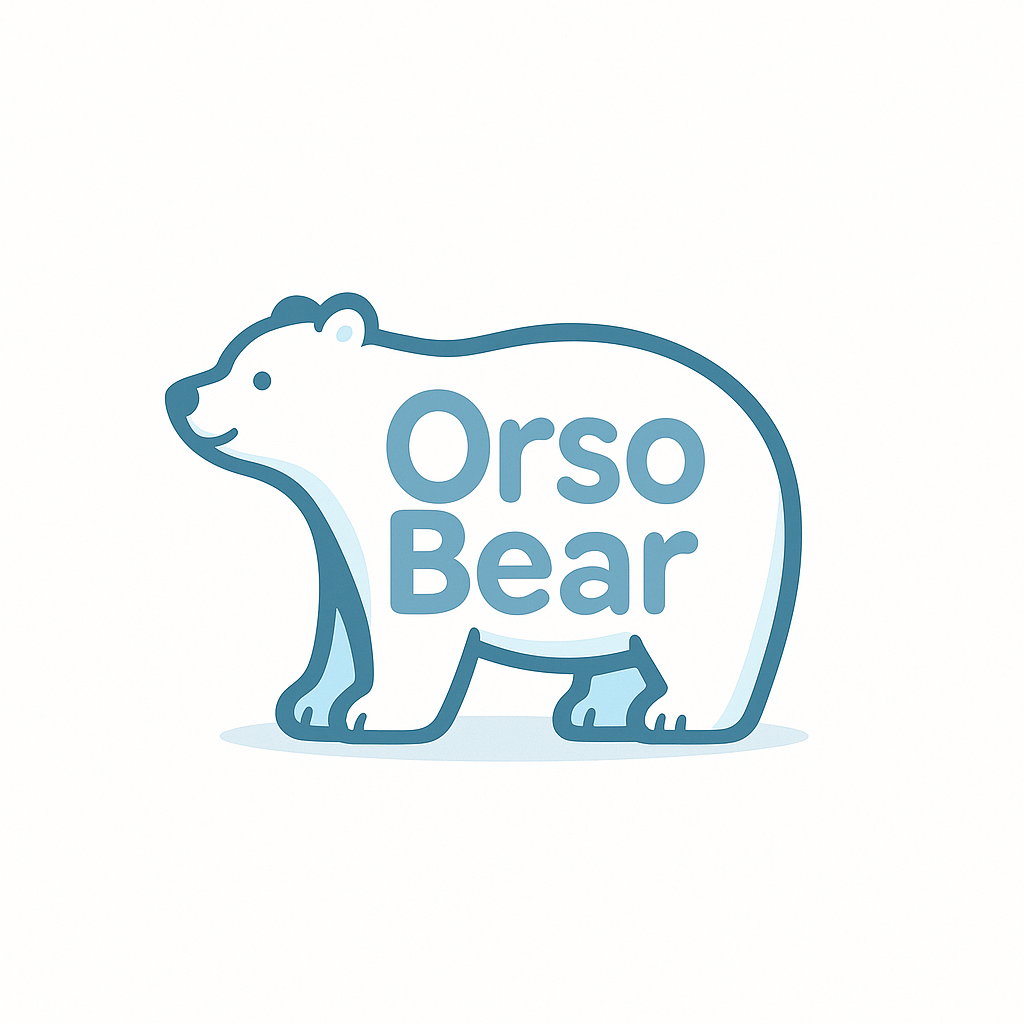Artificial Intelligence (AI) technology is no longer a concept that only exists in the world of science fiction. It has become a reality that is significantly transforming various sectors. From healthcare to retail and finance, AI is changing the way we live and conduct business. If you’re a small business owner, it’s crucial to understand the latest advancements in AI technology so that you can stay ahead of the curve and capitalize on the opportunities they present. In this post, we will explore some of these advancements and how they might impact your business.
The Rise of AI-Powered Chatbots
One of the most notable advancements in AI technology is the rise of AI-powered chatbots. These chatbots are capable of understanding natural language and providing responses that mimic human conversation. This is a significant shift from the rule-based chatbots that could only provide pre-programmed responses.
A case study that illustrates the impact of AI-powered chatbots is the retail giant, H&M. They implemented an AI chatbot on their website to interact with customers, provide personalized fashion advice, and facilitate online shopping. This has not only improved customer experience but also increased sales. As a small business owner, integrating an AI chatbot into your operations could help enhance customer engagement and drive growth.
AI in Predictive Analytics
Predictive analytics, powered by AI, is another advancement that’s making waves. It involves the use of data, statistical algorithms, and machine learning techniques to identify future outcomes based on historical data. In other words, AI can help businesses predict what might happen in the future.
A practical example of this is Google’s use of predictive analytics in their Google Maps service. By analyzing historical traffic data, they can predict future traffic patterns and provide users with the best possible routes. Similarly, small businesses can use AI-powered predictive analytics to anticipate customer behavior, optimize marketing strategies, and improve decision making.
AI in Automation
AI is also revolutionizing the way businesses automate their processes. With AI-powered automation tools, businesses can automate complex tasks that would typically require human intelligence. This not only increases efficiency but also reduces the risk of errors.
Take the example of UiPath, a leading robotic process automation (RPA) provider. They use AI to automate repetitive tasks like data entry and invoice processing. With such automation, small businesses can save time and resources, allowing them to focus on core business activities.
Future Implications
As AI continues to evolve, its impact on businesses is expected to grow. According to a report by PwC, AI could contribute up to $15.7 trillion to the global economy by 2030. This suggests that businesses that fail to adopt AI risk being left behind.
One trend to watch is the integration of AI and Internet of Things (IoT). With AI, IoT devices can learn from the data they collect, enabling them to make smart decisions. This could revolutionize various sectors, including manufacturing and healthcare.
Key Takeaways
The latest advancements in AI technology present numerous opportunities for small businesses. By integrating AI into your operations, you can enhance customer engagement, optimize marketing strategies, improve decision making, and increase efficiency. However, it’s crucial to keep up with the latest trends in AI and understand how they might impact your business. This way, you can stay ahead of the curve and capitalize on the opportunities that AI presents.




